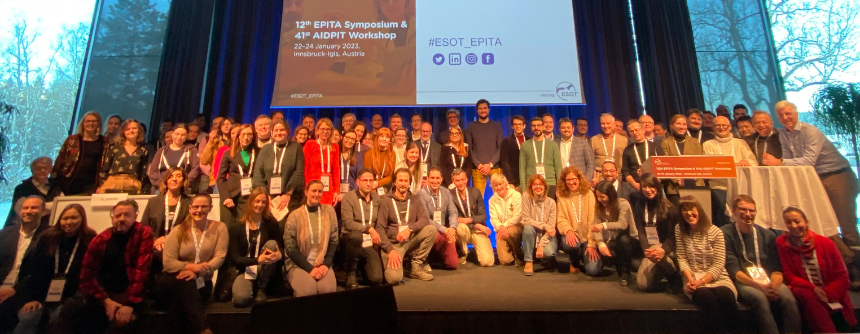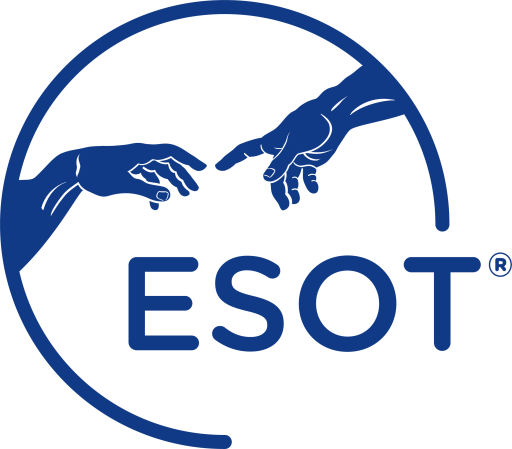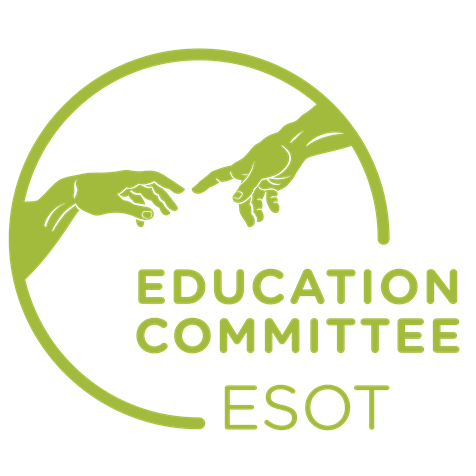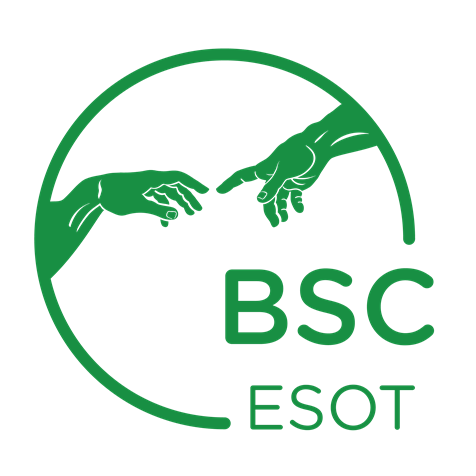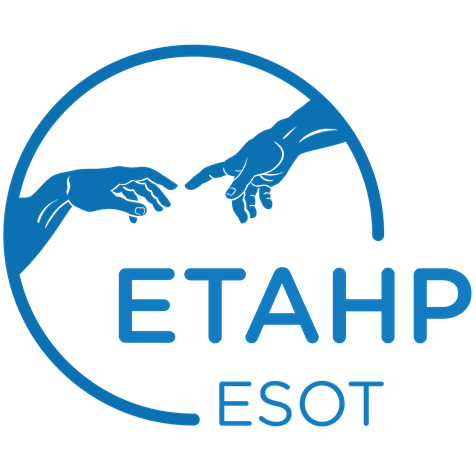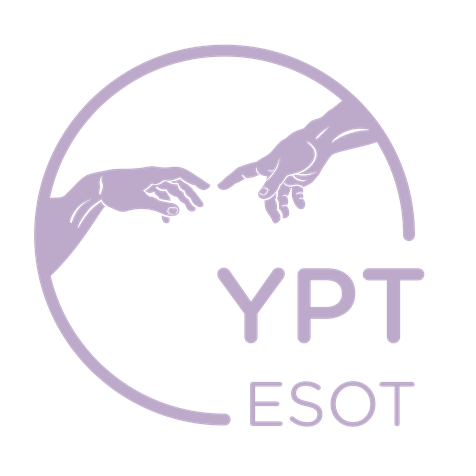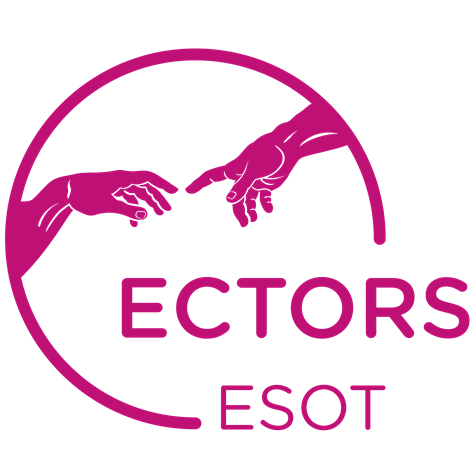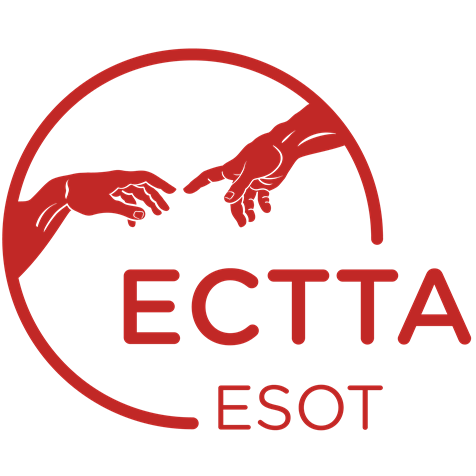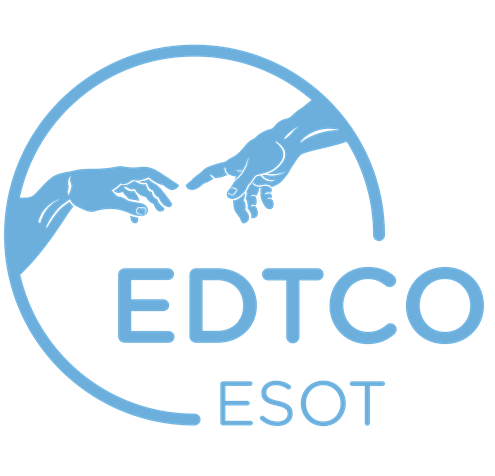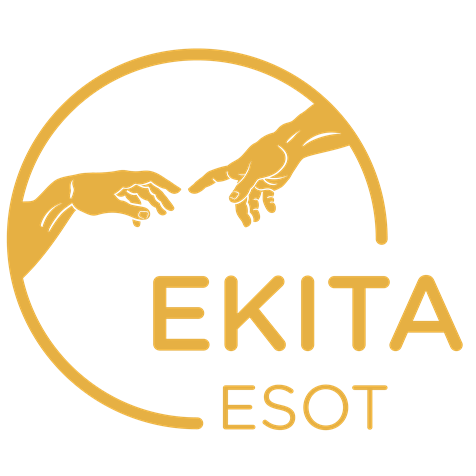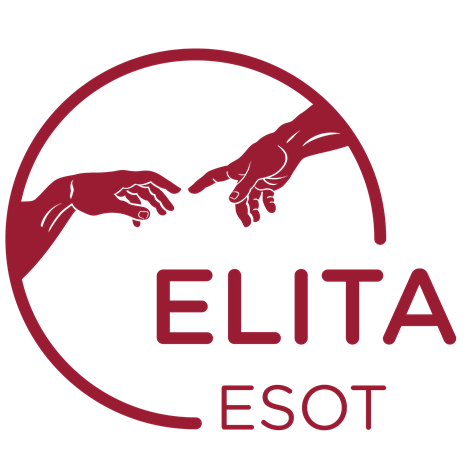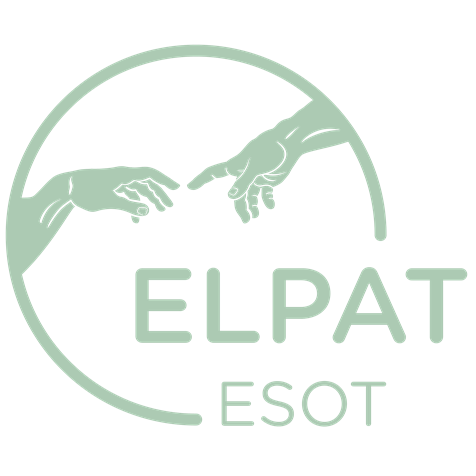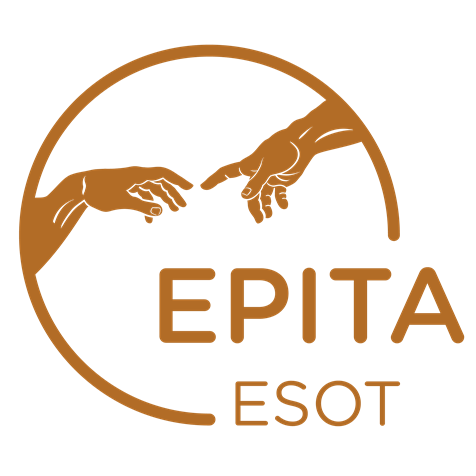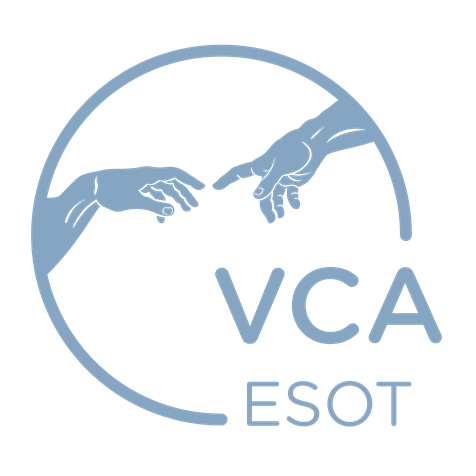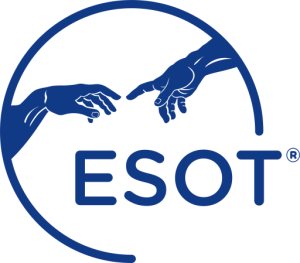The 12th EPITA Symposium & 41st AIDPIT Workshop, held in Igls, Austria, from January 22-24 2023, attracted over 160 participants from a number of countries. The meeting showcased numerous lectures, 43 posters and 30 oral presentations selected from submitted abstracts.
The meeting kicked off on Sunday with Bernard Hering giving the ‘Pfeiffer Memorial Lecture: Are we any closer to Xenotransplantation in the clinic’, and an informative presentation on T-REGS to promote transplant tolerance by Georgia Fousteri.
Highlights included a masterclass by Olivier Thaunat on the ‘Immunopathology of rejection in beta cell replacement’, an astonishing lecture on detecting rejection in pancreas transplantation via a vascular sentinel skin-flap by Annemarie Weissenbacher, and brilliant presentations on ‘Making it Last w by Michiel Nijhoff and Piotr Witkowski. This was followed by a rich panel discussion with a number of experts: Shareen Forbes, Marie-Christine Vantyghem, Paola Maffi, Joana Ferrer, Fabio Vistoli, and Steve White.
Monday brought novelty with a presentation from Aart van Apeldoorn titled ‘What do patients want from beta cell replacement devices?’. An intense and animated debate occurred on ‘Graft failure should be treated with retransplantation or with technology’, with thought-provoking presentations and solid arguments from Lucrezia Furian, James Shaw and Anne Wojtusciszyn. Time was dedicated to technical roundtables on the pancreas, islets & autotransplantation, stem cells and engraftment. The scientific programme ended with a session on the top six best abstracts, which were all exceptional, provoking and worth reading.
In the Closing and Awards Session, Eelco de Koning and Claudia Bosmuller were thanked for their expertise and support on the board, and the delegates discovered two new board members: Paul Johnson and Peter Girman, and our new Chair Julie Kerr-Conte and Vice-chair Joana Ferrer.
A month has passed since the event, yet the sense of reconnecting with colleagues after a prolonged period of online interactions lingers on. The scientific community dedicated to islet and pancreas transplantation is more vibrant and productive than ever, as shown by the quality of work recognised as the best poster or oral presentations in the three categories of clinical islets transplantation, clinical pancreas transplantation, and basic science.
Let’s celebrate them:
Best Poster Clinical Islet – Sarangova
DEVELOPMENT OF AN ADVANCED MACROENCAPSULATION STRATEGY FOR THE TREATMENT OF PATIENTS WITH DIABETES MELLITUS
In this study, Sarangova and colleagues describe the development of an advanced modular device for macroencapsulation of porcine islets to treat diabetes. The device includes a bioactive immune-isolating membrane, a tailored islet-supporting matrix, and an intrinsic oxygen-generating module. The islet-supporting matrix is made of StarPEG-glycosaminoglycan (GAG) biohybrid hydrogels, which mimic the extracellular matrix environment (ECM). The study found that the islets embedded in a starPEG-heparin hydrogel had higher viability rates than those embedded in an alginate hydrogel or left naked. The oxygen generating disks produced sufficient amounts of oxygen over a period of 28 days. The device has the potential to improve islet survival and functionality after transplantation.
Best Poster Basic science – Lericque
GABA ADMINISTRATION IN VITRO AND IN VIVO TRANSDIFFERENTIATES HUMAN Α CELLS INTO INSULIN-SECRETING Β CELLS WITH HETEROGENEITY BETWEEN DONORS
Lericque investigated the effect of γ-Aminobutyric acid (GABA) on human islets in vitro and in an in vivo mouse model to confirm its potential as a treatment for diabetes. The results showed a slight conversion of alpha cells to beta cells in both in vitro and in vivo experiments. However, GABA had no impact in vivo on blood glucose, weight, or human C-peptide levels. The heterogeneity of responses between donors suggests that more studies with human islets are needed to determine whether GABA could be a promising treatment for islet transplant recipients and diabetic patients.
Best Poster Clinical Pancreas – Audrey Brown | San Francisco, USA
LONG-TERM OUTCOMES OF BETA CELL REPLACEMENT IN PEOPLE LIVING WITH HIV (PLWH), TYPE I DIABETES (T1DM), AND RENAL FAILURE
In this study the authors report the long-term results of beta cell replacement therapy in 10 HIV-positive patients with type 1 diabetes and renal failure who underwent simultaneous pancreas-kidney (n=7), pancreas-after-kidney (n=1) or islet-after-kidney (n=2) transplants. The study found low rates of rejection, graft loss, and infectious complications, with the exception of BK viremia. There were three deaths during up to 10-year follow-up, all due to cardiovascular disease. The authors conclude that HIV-positive patients are good candidates for beta cell replacement strategies, but should be screened for cardiovascular comorbidities associated with chronic HIV and diabetes.
Best OP Clinical islet – Rutger van Rooden | Leiden, The Netherlands
IMPROVED PANCREATIC ISLET ISOLATION YIELD AFTER ABDOMINAL NORMOTHERMIC REGIONAL PERFUSION OF CONTROLLED DONATION AFTER CIRCULATORY DEATH DONORS
The impact of abdominal Normothermic Regional Perfusion (aNRP) on the outcomes of extended criteria islet isolation as compared to normal criteria (both donor after brain and circulatory death procedures) was evaluated in this study. The results showed that aNRP led to higher islet yield (up to twice as much) after the isolation procedure of a controlled donor after circulatory death pancreas. The isolated had comparable survival rate and functionality as compared to control islets. This suggests that aNRP could increase the number of donor pancreases eligible for islet isolation and transplantation.
Best OP Clinical Pancreas – Barbora Hagerf (Voglová) | Prague, Czech Republic
PROGRESSION OF DIABETIC RETINOPATHY AFTER PANCREAS AND KIDNEY TRANSPLANTATION IN A PROSPECTIVE RANDOMIZED TRIAL COMPARING EVEROLIMUS VERSUS MYCOPHENOLATE
The authors aimed to investigate the effect of long-term treatment with everolimus or mycophenolic acid on diabetic retinopathy in type 1 diabetic patients who underwent successful pancreas and kidney transplantation, in a controlled and randomized fashion. The results showed retinopathy progression in both groups; with slightly more favorable outcomes in the everolimus-treated group (59 versus 40% met the composite endpoint). However, there was no statistically significant difference between the groups in terms of the composite primary endpoint.
Best OP Basic Science – Yutian Lei | Munich, Germany
OVEREXPRESSION OF HPD-L1 IN NEONATAL PORCINE ISLETS IMPROVES LONG-TERM XENOGRAFT SURVIVAL IN HUMANIZED NSG
The Munich group investigated the immunoprotective effects of neonatal porcine islet grafts genetically modified to express human programmed death-ligand 1 (hPD-L1) on T cell-mediated rejection in a diabetic humanized mouse model. The hPD-L1 group showed superior normoglycemia rates, improved beta cell function, reduced infiltration of hCD45+ cells, and decreased expression of human IFN-γ compared to the wild type group. These results suggest that hPD-L1 overexpression can control cellular rejection and may be a promising candidate transgene for clinical porcine islet xenotransplantation.
Best Case Study – Angeles Maillo Nietto| Newcastle, UK
AN MDT APPROACH TO DETECTION, INVESTIGATION AND TREATMENT OF PANCREAS TRANSPLANT GRAFT
Dr Maillo Nietto discussed three cases of suspected pancreas graft rejection and the importance of a multidisciplinary team (MDT) approach for detecting, investigating, and treating pancreas transplant dysfunction. The cases illustrate that hyperglycaemia may not always indicate pancreas graft failure or rejection and that MDT collaboration is necessary for determining appropriate treatment, which may include rejection treatment and/or insulin therapy.
We welcome your ideas and suggestions for the next meeting. Please send them to jkerr-conte@univ-lille.fr
Credits to Julie Kerr-Conte, Valeria Sordi and Michiel Nijhoff.
#ESOT_EPITA
